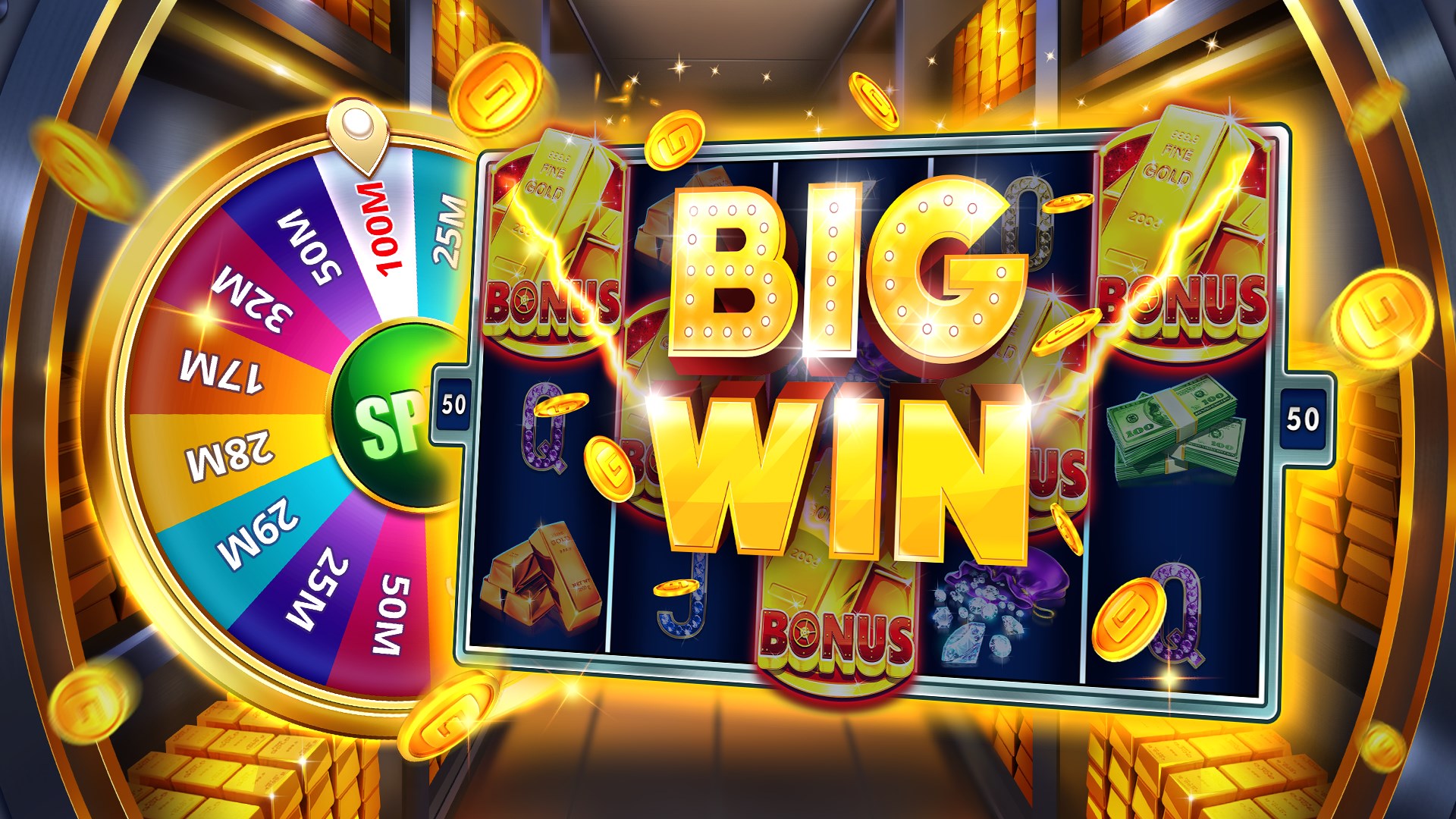When we think of gambling activities, the first images that often come to mind are those of rotating roulette devices, poker chips clinking on felt tables, and dice flying across a gaming surface. QQ 88 While many view these activities as simple pastimes fueled by chance, a more profound exploration reveals a captivating blend of tactics, expertise, and social engagement that raises them well beyond simple chance. Regardless of whether you are a seasoned player or a curious newcomer, understanding the subtleties of these activities can greatly enhance your experience and understanding.
Gambling games have developed over centuries, with various cultures contributing to their diverse backgrounds and variations. QQ88 From the intricate tactics of blackjack to the deception tactics in poker, players engage in a contest of intellect as much as a gamble on odds. This dynamic interplay between luck and skill creates a thrilling atmosphere that draws countless people to gambling establishments worldwide. As we delve into the world of card games, we will reveal the methods that can tilt the odds in your advantage and the social aspects that make these games a popular choice for entertainment and interaction.
The Strategy Behind Table Games
Casino games frequently combine a blend of skill and chance, making them fascinating for participants who like a challenge. Every game has their own set of guidelines and strategies that can influence the outcome. For example, in titles like 21, players are required to use tactics like counting cards and understanding the probabilities to make informed decisions. This expertise can greatly improve the victory potential, distinguishing seasoned players from beginners who may depend entirely on luck.
In contrast, titles such as the roulette may seem to be purely based on chance, but tactical thinking can also come into the equation. Players can choose between different betting tactics, such as the Martingale system, in which they increase the bets after losses. This method can create a more methodical way to the activity. Grasping the probabilities of specific bets can also assist players make smarter decisions on the roulette table, showcasing that even in titles of chance, strategy can enhance the enjoyment.
Additionally, poker is notable as a game that strongly emphasizes strategy. Unlike most casino titles, the game of poker merges skill, psychology, and chance. Participants must also focus on the cards they are dealt but also consider their opponents behavior and betting patterns. Mastering concepts like table position, the odds of the pot, and reading bluffs is essential for winning. This depth of strategy in the game of poker often creates to a more immersive experience for participants, where their decisions and abilities significantly affect the game’s results.
Grasping Probability and Ratios
In the world of casino activities, likelihood and odds hold a critical role in deciding a gambler’s possible outcomes. Every activity has its own set of guidelines that dictate how the chance of winning or failing is measured. For example, in matches like blackjack, players have a opportunity to affect their ratios through planning, whereas in games like the wheel, the results are exclusively dictated by chance. Grasping how these probabilities are calculated can significantly affect how a gambler tackles the match.
Odds are typically presented in two forms: ratio and decimal. Fractional ratios show the proportion of the amount won to the sum staked, whereas numeric odds show the overall payout for a winning wager, including the initial bet. For example, if a game has ratios of 5 to 1, this means that for every one unit bet, a gambler could gain five dollars if successful. Learning how to read these ratios allows gamblers to assess their potential winnings and make more informed decisions during play.
Gamblers should also be aware of the house edge, which is the casino’s built-in benefit over the gamblers. Each match has a distinct advantage, and understanding this idea is crucial for managing one’s expectations and budget. Games with a lower house edge, such as 21 and chemin de fer, typically offer better odds for players compared to activities like slots and lottery. By acknowledging the connection between probability, ratios, and the casino advantage, players can enhance their gaming engagement and strategize more effectively.
The Aspect of Table Gaming
Table games at gaming establishments are often seen as a hub of social interaction, drawing participants together in a shared experience that extends far beyond the mere act of playing games. The atmosphere at a blackjack table can be electric, with gamblers engaging not only with the game itself but also with one another. Joy, cheers, and, sometimes, playful teasing create connections that enhance the overall enjoyment of the gaming experience. This communal aspect can turn a alone endeavor into a lively social event, making table games particularly enticing.
One of the intriguing elements of table gaming is the way it cultivates camaraderie among players. Whether it’s collaborating to defeat the dealer at a dice table or sharing stories between hands in a card game, the environment encourages communication. Players often share tips or tactics, creating a sense of community that boosts the fun. This social dynamic can make new players feel included and less intimidated by the competitive nature of gaming. As the game progresses, friendships may form, leading to a sense of connection that keeps players returning to the table.
Moreover, the social aspect of gaming at tables extends outside just the players. Casino staff play a vital role in facilitating interaction and maintaining the flow of the game. Their ability to engage gamblers with friendly conversation and their expertise in running the table can create an welcoming atmosphere. This relationship between players and staff adds another layer of enjoyment, where players feel bonded not only to each other but also to the staff. Such interactions are often what make the experience memorable, as participants leave with tales to tell and connections made, reinforcing the notion that table games are truly about more than just chance.
